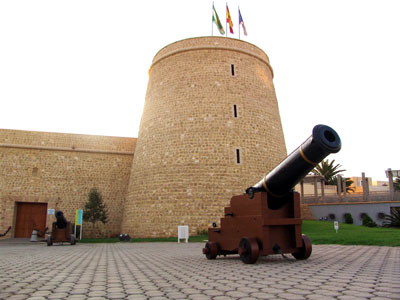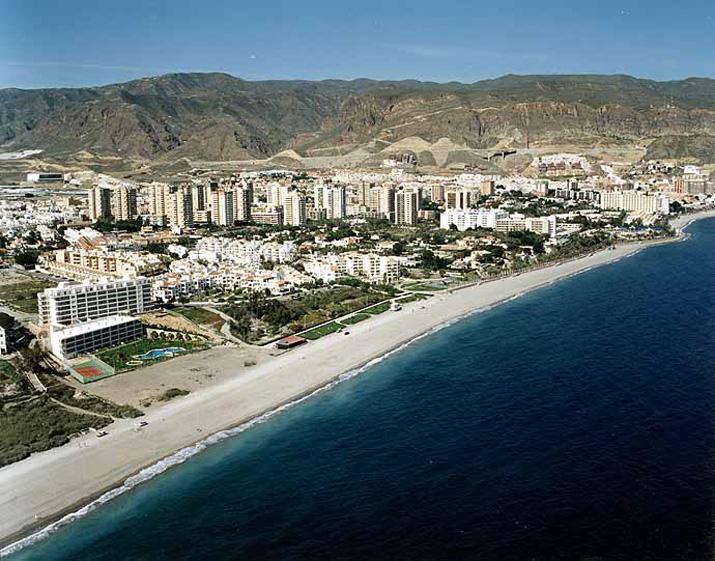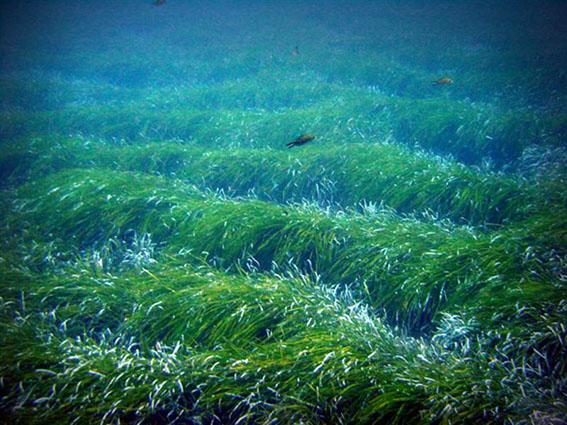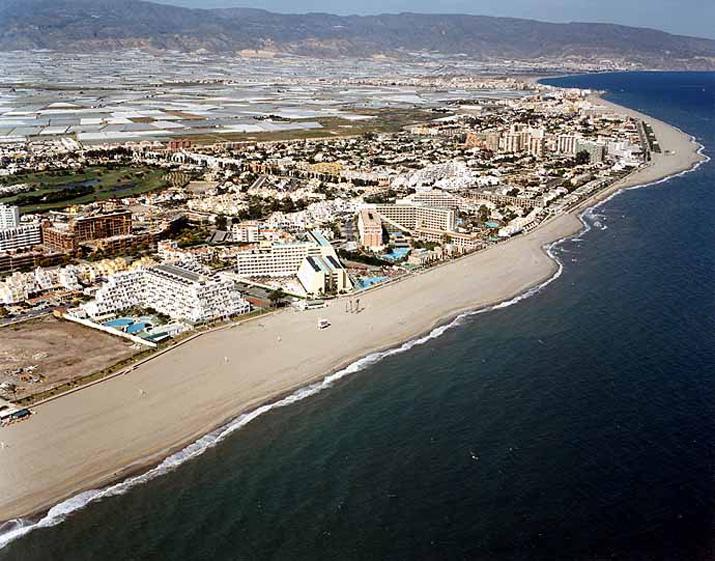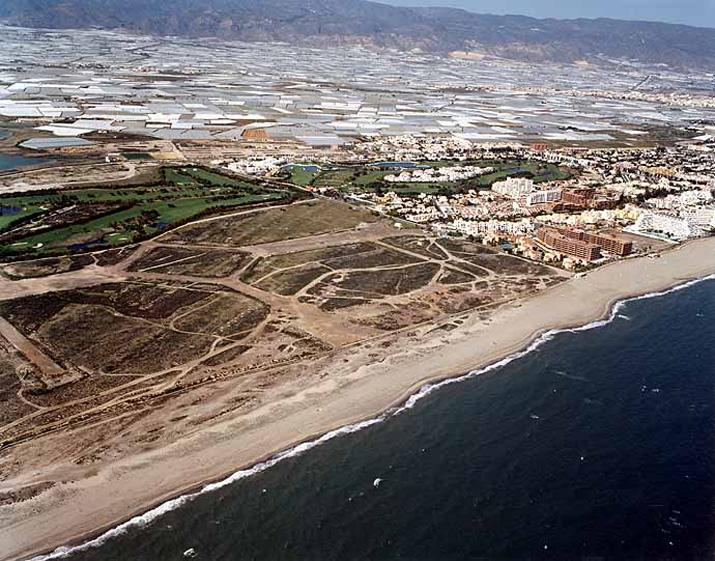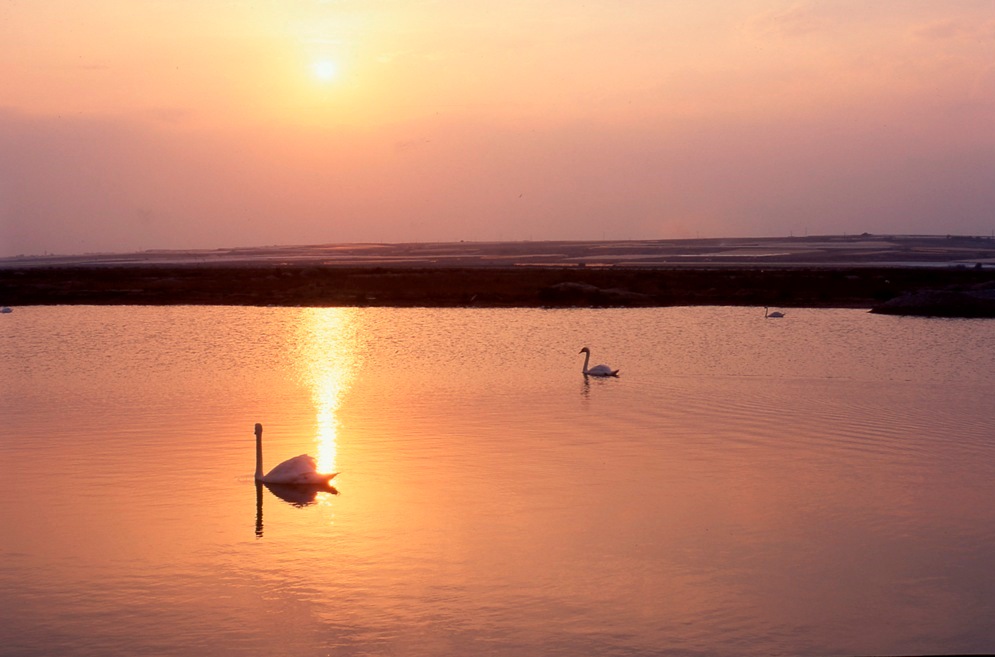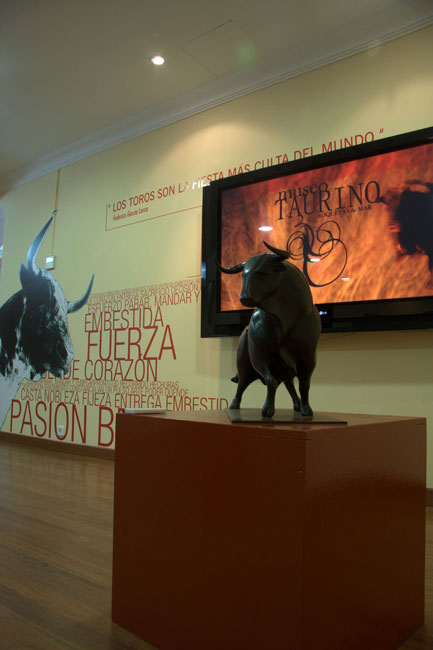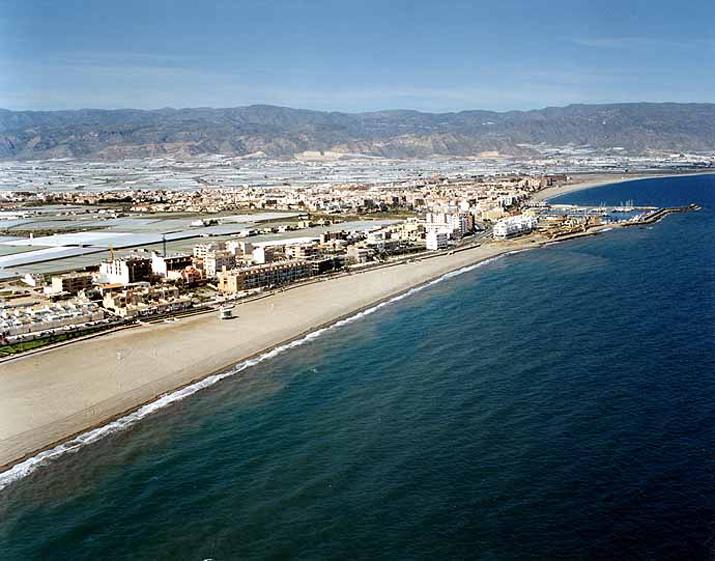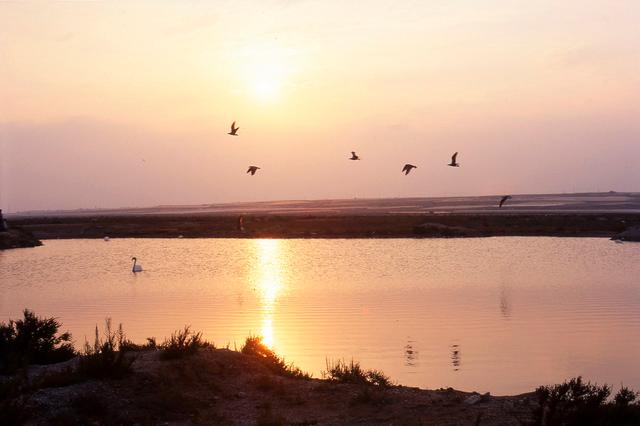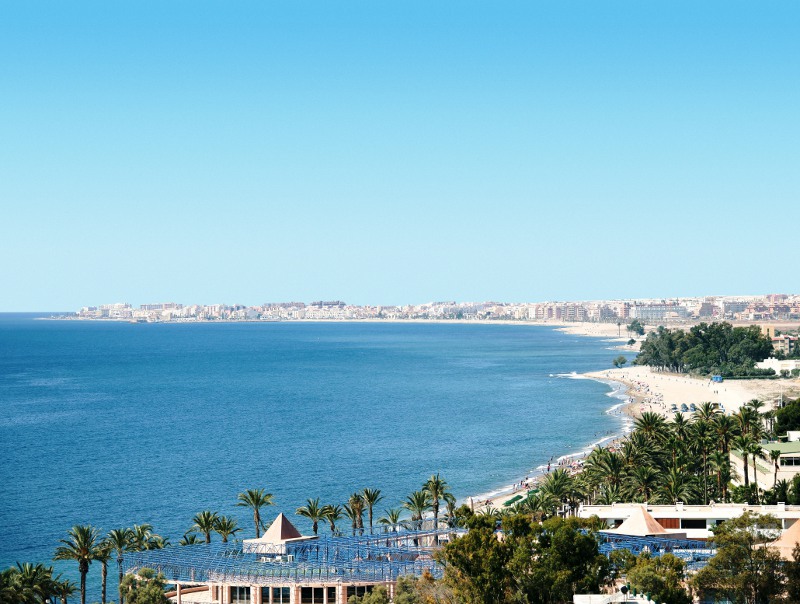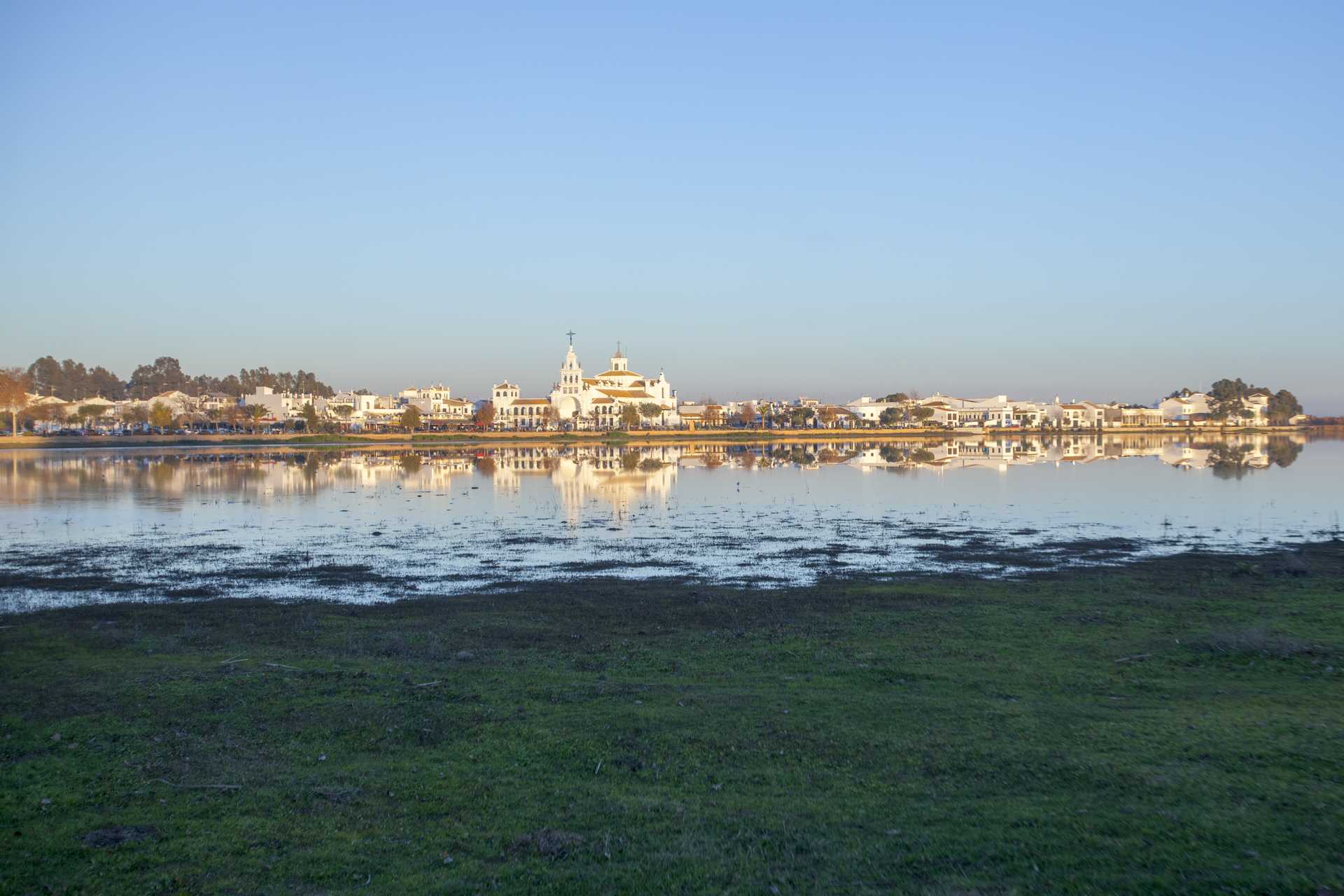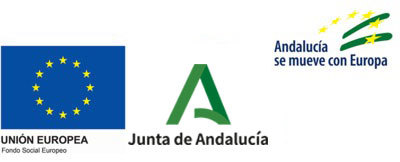Roquetas de Mar
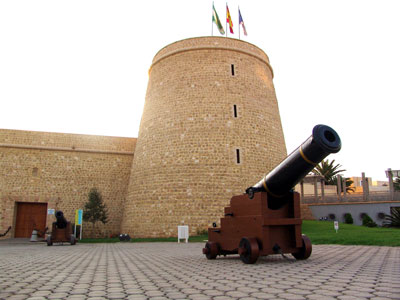
Municipality which comprises a coastal strip in the southwest of the province, including, among others, the centres of population of Aguadulce, El Parador, Las Marinas, Urbanizacion and Las Salinas. Part of an area, the Punta Entinas-Sabinar Nature Reserve, a complex of dunes, beaches and lakes.
Much of its land is dedicated to intensive greenhouse farming, but its most important activity is the "sun and beach" type of tourism, having become the most important tourist resort in the province with first class centres such as Aguadulce, la Urbanizacion or even Roquetas, thanks to its well-looked after, clean beaches and suitable services and installations.
History
Its population is split between Roquetas de Mar, Aguadulce, El Parador, La Gloria, Las Marinas, Solanillo, El Puerto, Cortijos de Marin and Las Salinas. Its salt industry already existed in Arabic times and was property and a monopoly of the crown until the not very distant past.
The Phoenicians and Greeks founded a community of fishermen and tradesmen which was the first settlement as a colony of commercial interchange. During Roman times it was called Turaniana, quoted in the Itinerary of Antonio, in the current location of Torre Quebrada de los Bajos. A possible flood obliged the population to abandon the old Roman village and settle on the current site.
During the Al-Andalus period, the nazari sultan Yusuf fortified the coast with the construction of the Bajos or Esparto watchtower, which was demolished by the English in 1811; the Torre de Cerrillos and Santa Ana or Roquetas Castle, which has given rise to the name of the town. It was conquered by the Catholic Monarchs in the year 1489, and became dependent on Almeria.
The English invaded the town with the intention of advancing on Almeria, in 1705, a year after Gibraltar, but they had to flee when faced with the energetic defence on the part of its inhabitants.
In reality the birth of modern Roquetas was from 1737 onwards. A few inhabitants from Felix and Vicar began to plough a piece of wasteland with the intention of owning some land for themselves. In 1776 the council which was dependent on Felix asked for their own council. It obtained definitive jurisdiction in 1782.
In the last few years, Roquetas has undergone one of the most amazing demographic increases in the province of Almeria. Its economic activity is based principally on intensive farming (it has been called the "larder of Europe') and on tourism. It absorbs 70 percent of the total of the province of Almeria.

- Max 17
- Min 12
- Max 62
- Min 53
- °C
- °F
What territory do you want to visit?
Events


